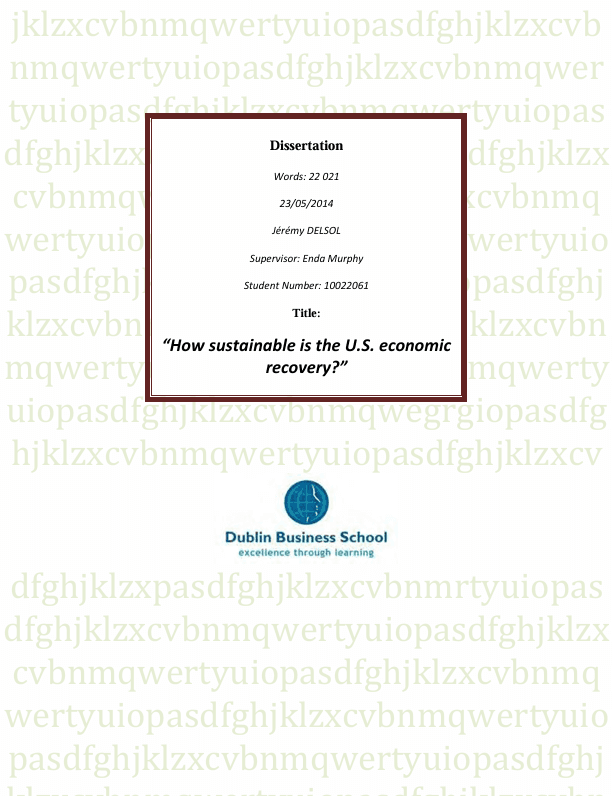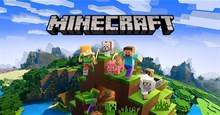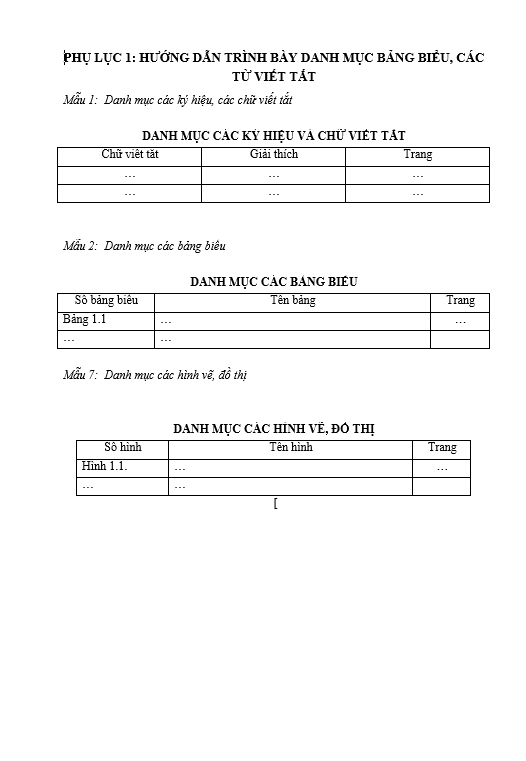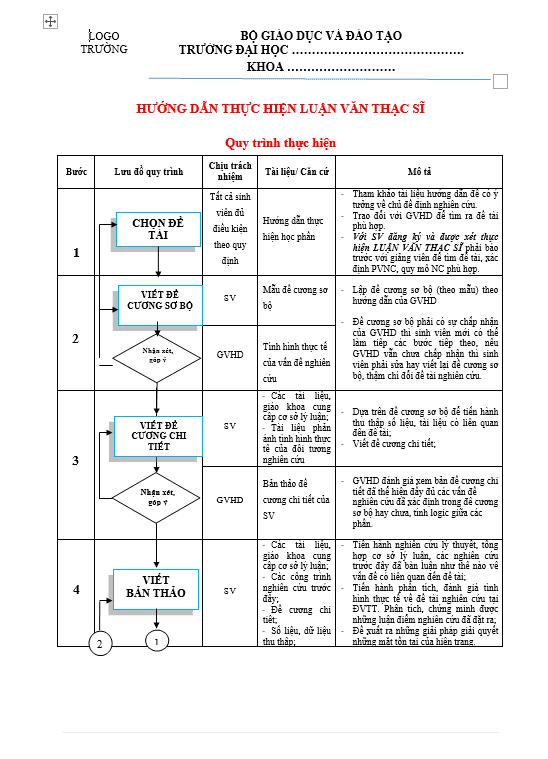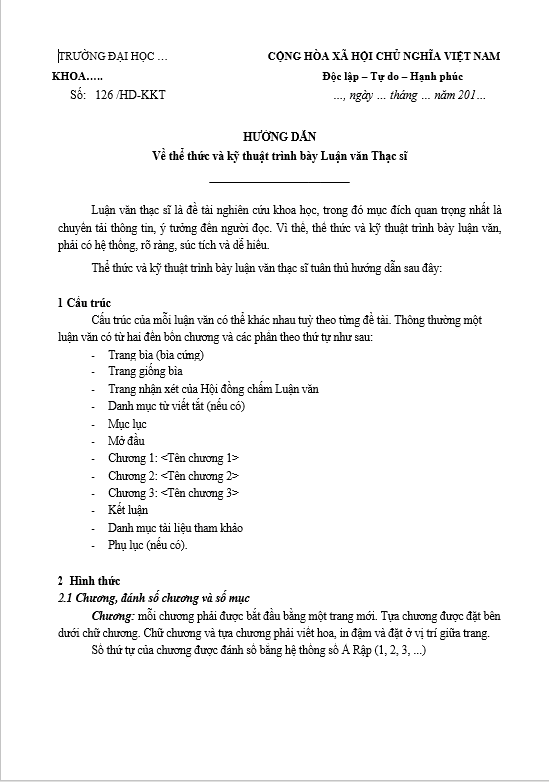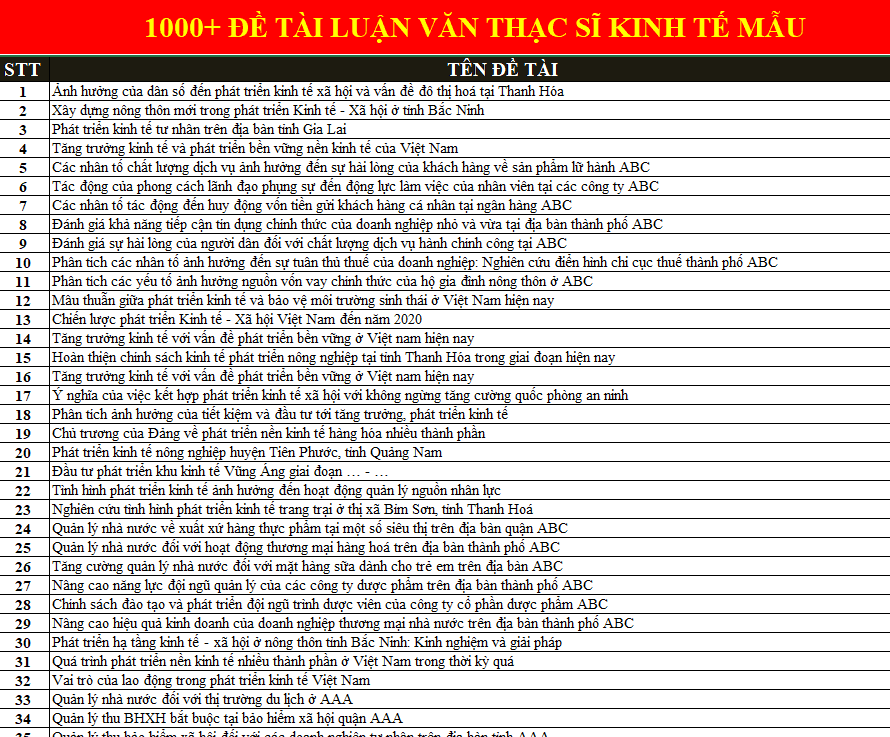Contents
Declaration …………………………………………………………………………………. 5
Acknowledge ………………………………………………………………………………. 6
Abstract ……………………………………………………………………………………… 7
List of figures ……………………………………………………………………………….. 8
Chapiter 1: INTRODUCTION ……………………………………………………………. 9
1. Crises of the early twenty-first century ………………………………………………………. 9
2. Background of the Issues……………………………………………………………………….. 10
3. Research aim ………………………………………………………………………………………. 10
4. Research objectives ……………………………………………………………………………… 11
5. Approach to the dissertation ………………………………………………………………….. 11
6. Suitability of the researcher and interest in the subject ………………………………. 11
7. Scope and limitations of the research ………………………………………………………. 12
7.1 Scope ………………………………………………………………………………………………….. 12
7.2 Limitation ……………………………………………………………………………………………. 12
8. Organization of the dissertation ……………………………………………………………… 13
Chapiter 2: LITERATURE REVIEW …………………………………………………… 15
1. Keynesian versus Hayek ………………………………………………………………………… 15
1.1 History ………………………………………………………………………………………………… 15
1.2 Theories definition ……………………………………………………………………………….. 15
1.3 Recommendations of respective theories ……………………………………………….. 16
1.3.1 Keynes recommendations …………………………………………………………….. 16
1.3.2 Hayek recommendations ………………………………………………………………. 17
2. Debate on U.S economy health ………………………………………………………………. 18
2.1 Following the Keynesian approach …………………………………………………………. 18
2.2 Following the consequences ………………………………………………………………….. 20
2.3 Forecast ………………………………………………………………………………………………. 25
2.4 Following the Free market approach ………………………………………………………. 26
2.4.1 Flashback on the free market reign …………………………………………………. 26
2.4.2 Current free market opposition ………………………………………………………. 27
2.4.3 Reasons to be cautious …………………………………………………………………… 30
2.4.4 Japanese example: ………………………………………………………………………… 31
2.5 Following the Facts: ……………………………………………………………………………… 32
Chapiter 3: RESEARCH METHODOLOGY AND RESEARCH METHODS ……… 34
1. Research question ………………………………………………………………………………… 34
2. Research philosophies …………………………………………………………………………… 35
2.1 Research paradigms ……………………………………………………………………………… 36
2.1.1 Positivism ……………………………………………………………………………………… 36
2.1.2 Realism ………………………………………………………………………………………… 36
2.1.3 Pragmatism …………………………………………………………………………………… 37
2.1.4 Interpretivism ……………………………………………………………………………….. 37
2.2 Research approach ……………………………………………………………………………….. 38
2.3 Research strategies ………………………………………………………………………………. 39
2.3.1 Experiments ………………………………………………………………………………….. 39
2.3.2 Surveys…………………………………………………………………………………………. 39
2.3.3 Action Research …………………………………………………………………………….. 40
2.3.4 Grounded theory …………………………………………………………………………… 40
2.3.5 Ethnography …………………………………………………………………………………. 40
2.3.6 Archival Research ………………………………………………………………………….. 41
2.3.7 Case Studies ………………………………………………………………………………….. 41
3. Research choices ………………………………………………………………………………….. 42
4. Research time horizon ………………………………………………………………………….. 43
4.1 Cross- sectional ……………………………………………………………………………………. 43
4.2 Longitudinal…………………………………………………………………………………………. 43
5. Data collection and data analysis ……………………………………………………………. 44
5.1 Data collection and data Interpretation ………………………………………………….. 44
5.2 Data Analysis ……………………………………………………………………………………….. 44
5.3 Sampling Method …………………………………………………………………………………. 45
5.4 Actual Sample and data collection tools ………………………………………………….. 46
5.5 Ethical implications ………………………………………………………………………………. 46
5.6 Limitations to the research ……………………………………………………………………. 47
5.7 Personal biases …………………………………………………………………………………….. 47
6. Structure of the research method – Framework ………………………………………… 48
Chapiter 4: RESEARCH FINDINGS AND DATA ANALYSIS ……………………… 49
1. Interviewers presentation ……………………………………………………………………… 49
2. Findings ……………………………………………………………………………………………… 50
Chapiter 5: CONCLUSION AND RECOMMENDATIONS ………………………… 64
1. Effectiveness of the Federal Reserve policy ………………………………………………. 64
2. U.S economy strength …………………………………………………………………………… 64
3. The likely robust recovery ……………………………………………………………………… 65
4. Limitations and Suggestions for Further Research ………………………………………. 67
4.1 Limitations …………………………………………………………………………………………… 67
4.2 Suggestions for Further Research …………………………………………………………… 68
Chapiter 6: SELF-REFLECTION ON OWN LEARNING ……………………………. 69
1. Researcher’s profile ……………………………………………………………………………… 69
1.1 Educational backgrounds ………………………………………………………………………. 69
1.2 Professional backgrounds ……………………………………………………………………… 69
2. Relationship with the researcher’s career goal ………………………………………….. 70
2.1 Skills required for the career goal …………………………………………………………… 71
2.2 Rationale for undertaking MBA ……………………………………………………………… 71
3. Review on learning outcomes ………………………………………………………………… 72
3.1 Overview of the program & Skills development ……………………………………….. 72
3.2 Overview of the program ………………………………………………………………………. 73
3.2.1 International management …………………………………………………………….. 73
3.2.2 Theory of finance …………………………………………………………………………… 73
3.2.3 International Business and Trade …………………………………………………….. 73
3.2.4 International Financial Institution and Markets …………………………………. 74
3.2.5 English earnings …………………………………………………………………………….. 74
4. Master of Business Administration´s experience and learning ……………………… 74
5. Conclusion ………………………………………………………………………………………….. 75
APPENDIX ………………………………………………………………………………….. 76
BIBLIOGRAPHY ……………………………………………………………………………. 97

